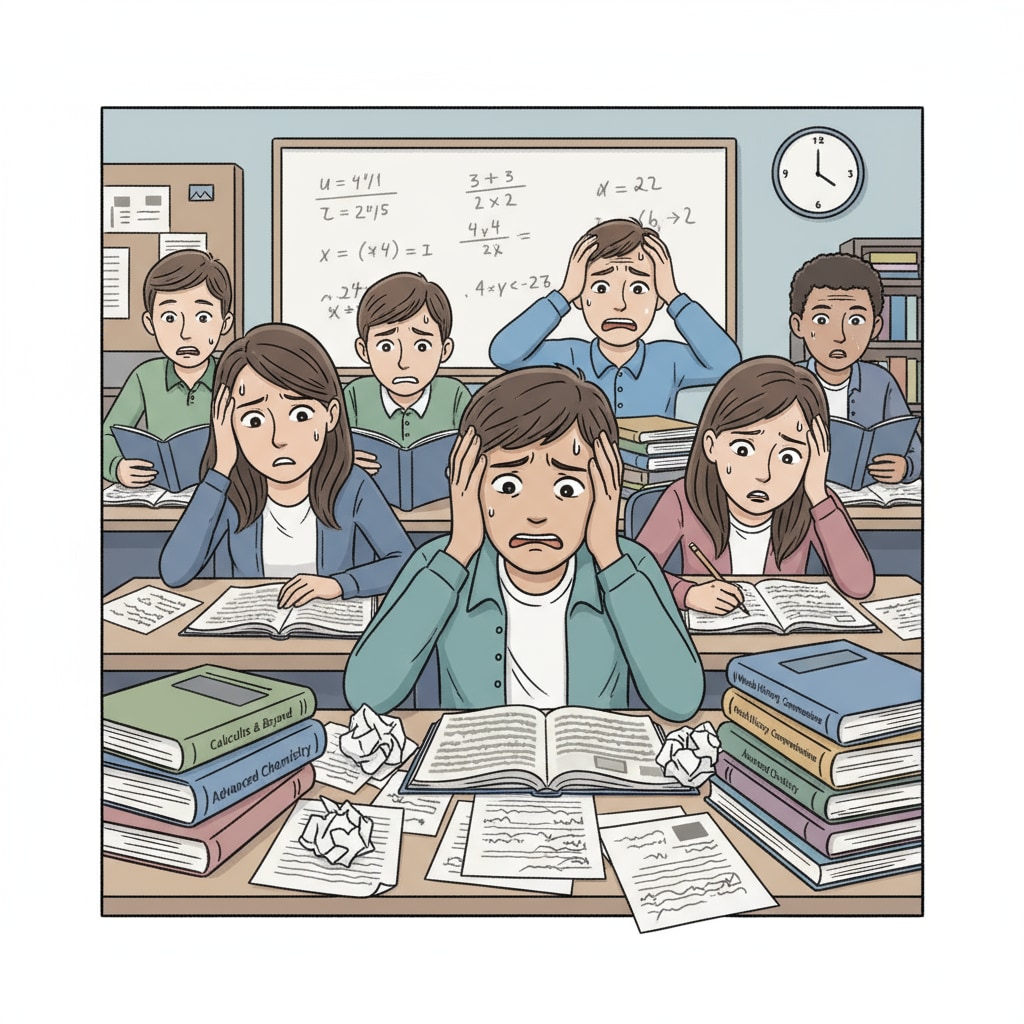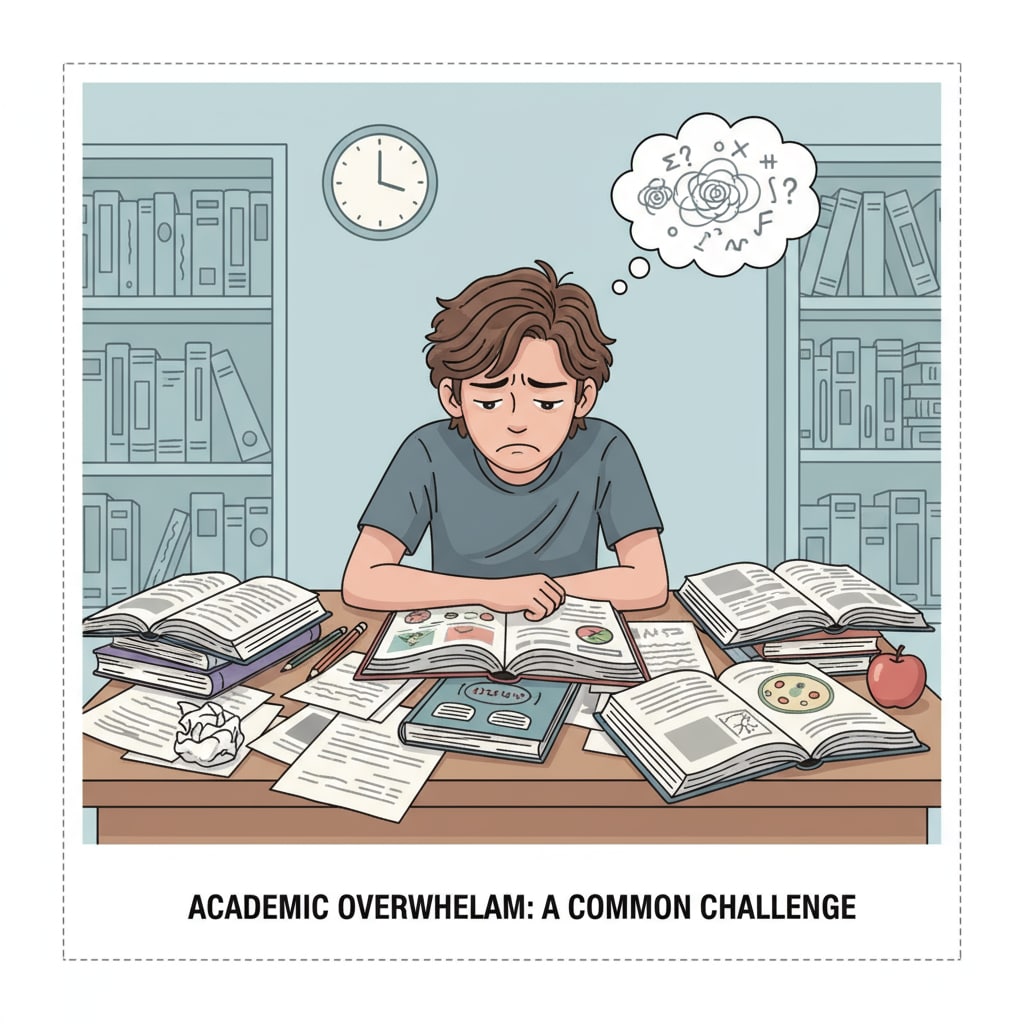Learning difficulties, anxiety, and self-doubt often plague teenagers during their learning process. These issues can significantly impact their academic performance and overall well-being. For example, a high school student may struggle with understanding complex math concepts, leading to feelings of anxiety and self-doubt.

This not only affects their ability to learn but also their confidence in themselves. Understanding these problems is the first step towards helping them overcome these psychological barriers.
The Impact of Negative Thinking
Negative thinking is a common factor that contributes to learning difficulties, anxiety, and self-doubt. When teenagers constantly focus on their failures or mistakes, it can create a cycle of self-defeating thoughts. For instance, if a student fails a test, instead of analyzing what went wrong and learning from it, they might think, “I’m just not good at this subject.” This kind of negative self-talk can lower their motivation and make it even harder for them to learn. According to American Psychological Association research on negative thoughts, negative thinking can have a profound impact on a person’s mental and physical health, as well as their academic performance.

Anxiety and Its Role in Learning
Anxiety is another major obstacle that teenagers face in the learning process. Test anxiety, for example, can cause students to freeze up during an exam, forgetting everything they’ve studied. This anxiety can stem from various factors, such as high expectations from parents or teachers, or fear of failure. In addition, social anxiety can also play a role. A student who is anxious about speaking up in class may miss out on important learning opportunities. As stated by Mayo Clinic’s information on anxiety, anxiety can interfere with concentration and memory, making it difficult for students to learn effectively.
To help teenagers overcome these issues, it’s crucial to provide them with practical strategies. Firstly, teaching them positive self-talk can be effective. Encouraging them to replace negative thoughts with positive ones, like “I may have struggled with this, but I can learn from my mistakes and improve.” Secondly, relaxation techniques such as deep breathing and meditation can help reduce anxiety. These strategies can empower teenagers to break free from the cycle of learning difficulties, anxiety, and self-doubt and achieve their full potential in learning.
Readability guidance: The article uses short paragraphs to present ideas clearly. Each H2 section provides a focused discussion on a relevant topic. The use of passive语态 is minimized, and transitional words like “for example”, “in addition” are used to enhance the flow of the text. Lists could be further incorporated in future expansions to better summarize key points.


